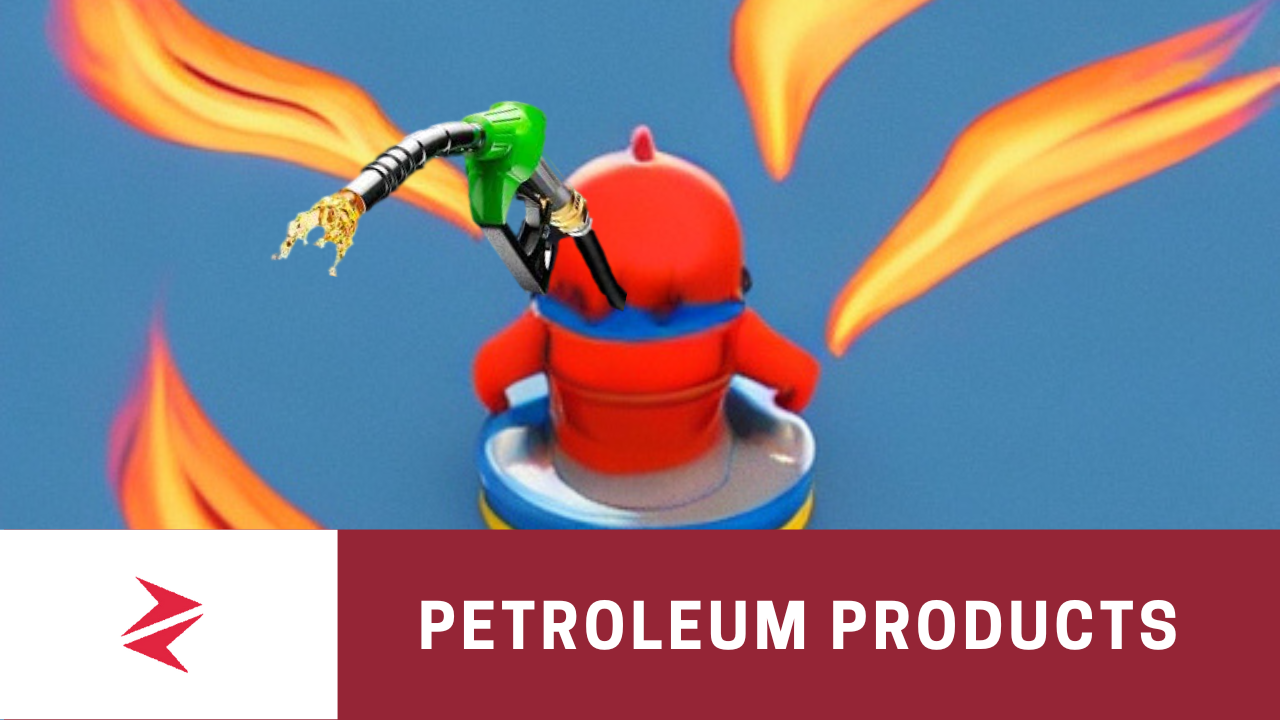Despite reducing petrol prices, the government is still meeting its obligations for the Levy on petroleum prices. It is possible for the government of Pakistan to reduce the price of petroleum products, even if it is facing financial difficulties. Same way Imran did by doing it for Rs 150 Per Litre just before he was ousted. Also, Shahbaz Sharif laid the foundation of the Sukkur-Hyderabad motorway worth Rs.300B just the day before yesterday. So the kitty may not be completely empty.
One way the current Government could do this is by subsidizing the cost of these products. This means that the government would pay a portion of the cost of the products, effectively reducing the price for consumers. The government could also choose to reduce the taxes on petroleum products, which would also lower the price for consumers.
Another option for the government could be to negotiate lower prices with suppliers, either by securing a better deal through negotiations or by finding alternative suppliers. The government could also consider increasing efficiency and reducing costs in its own operations, such as by streamlining processes or adopting more cost-effective technologies.
It’s worth noting that reducing the price of petroleum products can have both positive and negative effects on the economy. On the one hand, lower prices can provide relief to consumers and businesses, which can stimulate economic activity. On the other hand, if the government is subsidizing the cost of these products, it could put a strain on the government’s budget and potentially lead to other financial problems.
